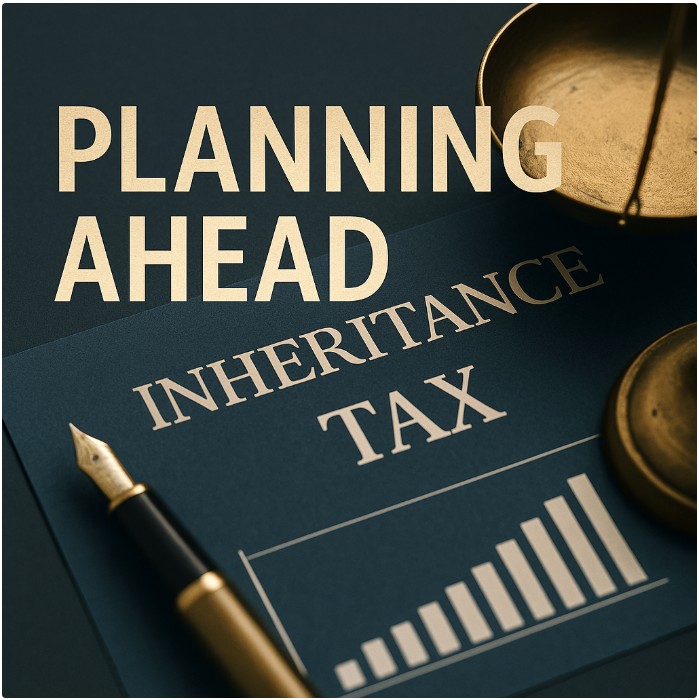Budget speculation often sparks anxiety among homeowners, particularly when political language turns to “unearned wealth”. This year’s focus on inheritance tax has created understandable concern, yet the real story is one of foresight rather than fear.
Chancellor Rachel Reeves faces a £50bn fiscal gap and is under pressure to demonstrate fairness in taxation. The Treasury has confirmed that property and intergenerational wealth remain under review. For many families, that sounds threatening. In reality, most will remain well outside the highest tax bands if they plan early and understand the available allowances.
What Is Driving the Debate
Inheritance tax (IHT) currently applies at 40 per cent on estates above £325,000, with an additional £175,000 allowance when a main residence passes to direct descendants. Thresholds have remained static since 2009. As a result, more households are drifting into scope purely because property values have risen. Had the nil-rate band tracked inflation, it would now exceed £523,000.
HMRC collected a record £8.2 billion in IHT last year and forecasts predict this could reach £14 billion by 2030. The headline figures appear alarming, yet they reflect asset growth and frozen allowances, both of which can be managed with timely professional guidance.
How Homeowners Are Responding
Several professionals are reporting that homeowners are already taking practical steps to reduce exposure. Families are transferring wealth earlier, reviewing how property is owned, and using equity release as part of broader succession plans. They caution against alarmism, explaining that “the greatest risk isn’t inheritance tax itself; it’s the absence of planning. The wealthiest will always have accountants. Ordinary families can achieve the same protection with good advice.”
This shift in behaviour is already visible. Equity release withdrawals rose by ten per cent year-on-year in the second quarter of 2025, averaging £126,422 per household. Families are acting sooner, gifting property or cash while still alive, and approaching tax efficiency with growing confidence.
What May Change Next
If the Chancellor alters IHT, most observers expect simplification rather than a complete overhaul. Partial reform of rates or allowances appears more likely than radical change. Any adjustment will influence behaviour, although the Treasury will be careful not to damage receipts by moving too far, too fast.
The Real Takeaway
The homeowners most anxious about inheritance tax are typically those who have built their wealth steadily over time. They are not the villains of fiscal policy, nor the target of populist rhetoric. They are planners by nature and remain well placed to adapt to whatever changes may come.
Our consultancy doesn’t only cover retirement, business continuity and legacy planning. It can also unlock the lifestyle you once dreamed about but forgot to implement.
⚖️ Important Notice – Scope of Planning Support
Where our recommendations touch on areas requiring regulated input, we refer clients to appropriately authorised professionals for advice and execution.

